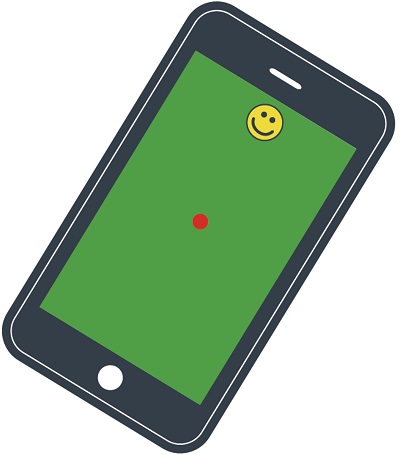User stories
We use digital products and apps every day: banking, grocery shopping, bookings appointments, applying for jobs, paying bills for example. In some instances, such as some job applications, online is the only way to reach these services.
What if suddenly you are locked out of these services while everyone else can continue using them?
People with various disabilities have been locked out of digital systems because the systems were poorly designed without considering accessibility needs. For example, a user with limited dexterity may need an alternative way of interacting with an app because they may not be able to use the on screen keyboard on a smart phone. They could perhaps interact with the app using voice commands. But the app would have had to be designed and developed in a way to support these accessibility needs. We have created Accessibility Personas (opens in new window) and we hope that these personas will help you better understand the challenges and needs of students with a range of conditions.
Everyone needs access to products and services in the physical world. Similarly, now that many products and services are in the digital world, everyone needs access to these digital products and services in the digital world too. This is why it is so important to ensure digital accessibility so that everyone has the same opportunity to engage with them.
We are collecting digital accessibility user stories to raise awareness of digital accessibility among the University community. We hope to use these in awareness programmes, accessibility campaigns and digital accessibility web area to educate people of the need for digital accessibility. If you have encountered or observed a digital accessibility issue, or you have changed your practice following feedback, or any other digital accessibility related scenario please get in touch.
This is my story would you like to share yours?

I was a member of the course development team when the University of Reading offered its first Massive Open Online Course (MOOC), Begin Programming: Build your first mobile game on the FutureLearn platform. The course uses a billiard like game to teach programming. One day I was contacted by a learner on the course who said she could not see the ball moving on the screen. She said after programming she had to ask her partner whether the ball is moving as intended. She was trying to learn but the material we provided was not accessible to her because she had colour vision deficiency. She could not differentiate the red ball on a green background. I helped her to change the colour of the ball and the background, which instantly made the content accessible to her. This incident sparked my interest in digital accessibility and I have been an accessibility advocate since then.
Dr. Tharindu Liyanagunawardena, Digital Accessibility Officer, University of Reading
You may want to visit other related pages Improving experience | Success stories | Lived experiences
